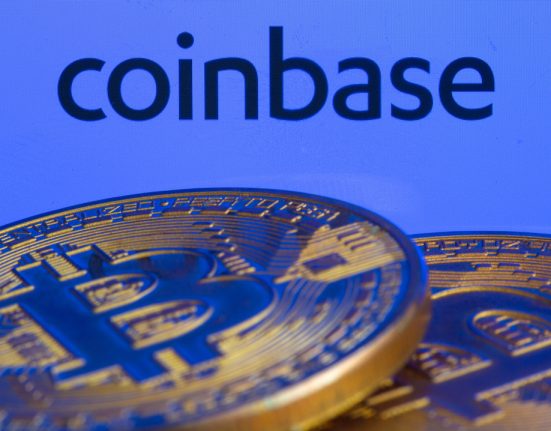A new IRS form will help the collection agency better monitor taxpayers
getty
Overview
On April 18, the Internal Revenue Service released the draft version of Form 1099-DA—Digital Asset Proceeds From Broker Transactions—its first tax form specifically designed to collect crypto users’ identities and detailed transaction data.
The form was issued in conjunction with proposed broker regulations. These mean that centralized exchanges, certain decentralized exchanges, wallets, crypto automated teller machines and payment processors, all of which can act as brokers in the digital-assets markets, would have to implement know-your-customer (KYC) procedures, calculate gains and losses, and report that information to the IRS and taxpayers, similar to traditional stockbrokers.
Although 1099-DA forms are meant to ease the burden of filing crypto taxes, if you have multiple wallets, exchanges and transfers among them (which is very common), these forms could submit inaccurate or incomplete information to the IRS. The reports can also confuse users and add to the burden of complying with crypto taxes.
Key Background
When Are Form 1099-DAs Generated?
Digital-asset brokers must generate a Form 1099-DA for every sale transaction (crypto-to-cash trades and crypto-to-crypto trades) initiated by their customers and submit that information to the IRS. Under proposed regulations, brokers must issue this form for transactions occurring after January 1, 2025. If implemented as proposed, taxpayers will see this form during the 2026 tax filing season. Form 1099-DAs must be generated by brokers, not taxpayers. Taxpayers will use the information reported in this form to complete their tax filings.
What Is Reported On Form 1099-DA?
Form 1099-DA is similar to Form 1099-B—Proceeds From Broker and Barter Exchange Transactions—generated by stockbrokers showing gains and losses from equity trades. The draft Form 1099-DA captures expected data points such as acquisition and sales dates, transaction proceeds, and the cost basis of crypto assets sold. This information is needed and helpful for taxpayers to complete their filings.
The new form also captures additional data points (see below) related to sales and transfer transactions. Collecting and reporting this information, notably wallet addresses, to the IRS at scale could lead to privacy and security concerns.
Sales-related data points
- Box 11a: Sale transaction ID (TxID)
- Box 11b: Digital asset address from which the units were sold
- Box 11c: Number of units sold
Transfer related data points
- Box 12a: Transfer-in TxID number
- Box 12b: Transfer-in digital asset address
- Box 12c: Number of units transferred in
Unhosted Wallets May Be Brokers
Since the passage of the infrastructure bill in 2021, the definition of “broker” has been a controversial topic because of industry concern that it could loop in entities with little ability to comply with the law, such as unhosted wallets that do not rely on a centralized entity to secure assets. Proposed broker regulations issued in 2023 mention that unhosted wallet providers could be considered brokers. Industry members submitted thousands of comments to the Treasury Department asking to narrow the definition of brokers and exclude unhosted wallets, at least in the beginning stage of the regulations.
In the new draft Form 1099-DA, the IRS has included “unhosted wallet provider” as a check box under the “broker type involved in the transaction.” Despite the industry feedback, this signals the IRS’s intention to include unhosted wallets under the broker definition.
Internal Revenue Service
If the proposed regulations and Form 1099-DA are finalized without changes, crypto users will likely have to provide KYC information before creating an unhosted wallet and interacting with exchanges or lending platforms. This could drastically change how users interact with crypto platforms.
Taxpayer Impact
Taxpayers should expect missing and/or inaccurate cost-basis information on Form 1099-DAs if digital assets were acquired before January 1, 2023, or the cost basis was unknown to the reporting exchange or wallet due to transfers.
According to form instructions, if the cost basis is blank, “you will need to determine your basis based on your own books and records.” Crypto users should monitor how the form 1099-DA gets finalized with proposed broker regulations.







